A great friend sent me a copy of a Wall Street Journal article a couple of weeks ago. Now, I don’t read the Wall Street Journal; I read Texas Monthly, Sports Illustrated, and the Dallas Morning News. And this friend knows that. But he knew I’d be interested in the article. And I am.
The headline read “Pastors Call a Truce on ‘Sheep-Stealing'”
The article is about a Christian effort in Charlotte, North Carolina called Charlotte ONE, a collaboration of about 40 different area churches trying to reach the nearly unreachable people between the ages of 18 and 29.
“This group of evangelical and mainline Protestant leaders decided to create one young adult ministry that would provide all the bells and whistles required, without replacing church. Charlotte ONE does not perform baptisms, weddings, funerals or offer communion. It doesn’t meet on Sundays or have a single pastor in charge. Charlotte ONE organizers see it as a kind of ‘funnel,’ taking in a wide swath of people and trying to pour them out in the right direction. The group takes its motivation from Jesus’ words in John 17:23: ‘Let them be one, so that the world may know that you sent me and loved them even as much as you have loved me.'”
The article goes on to mention a similar effort in Arizona, Phoenix ONE, and to detail the success of the cooperative coalition. Ninety-eight percent of Charlotte ONE attendees claim the program has “enriched their personal relationship with Jesus Christ” and 42-percent say it helps them “connect to their own local churches.”
As I’m reading this article I couldn’t help wondering, “Why is the Wall Street Journal writing about this?”
Why do they care? Why am I reading about this in the Wall Street Journal and not in the Christian Chronicle or Christianity Today? What made the Wall Street Journal write about church?
Because Jesus said if we would ever unite and become one, if his disciples would ever come together and live and work and serve and love as one body, the world would notice. The world would pay attention. And the world would know. They would see it as different and they would believe.
The article itself says as much:
“Such regular and extensive cooperation of mainline and evangelical Protestant churches from every major denomination is not a typical feature of American religious life. They are more likely to be competing for each other’s members. But desperate times call for desperate measures.”
If we’ll ever put aside the petty little things that divide us and truly join with all other Christian disciples in serving our world in love, if we’ll ever commit to uniting as one as is the unmistakable holy will of our King, it’ll make an immediate and radical difference in the world. People will sit up and take notice. And they’ll believe. Until then, I’m afraid we’re just more noise competing in an already very noisy and competitive world.
Praise God for Charlotte and Phoenix ONE. May God help us see and do the same kind of things to his eternal glory and praise.
Peace,
Allan

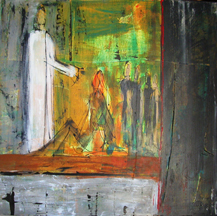
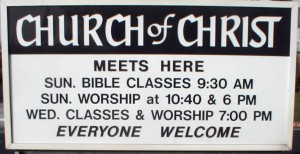

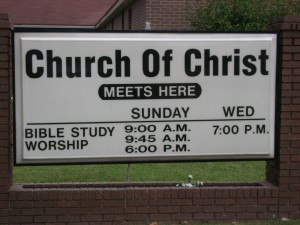
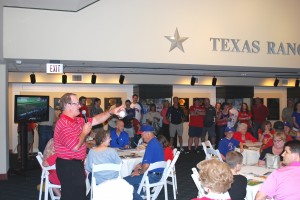

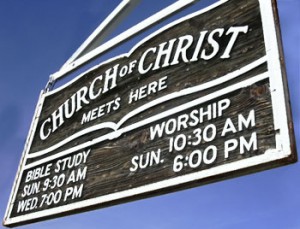


Recent Comments